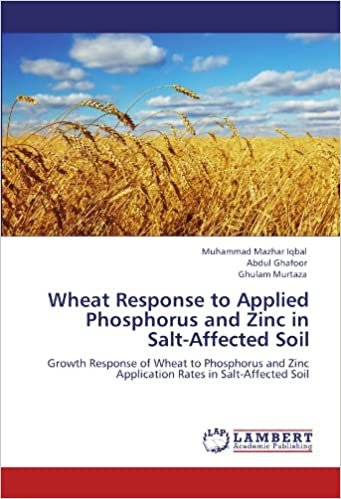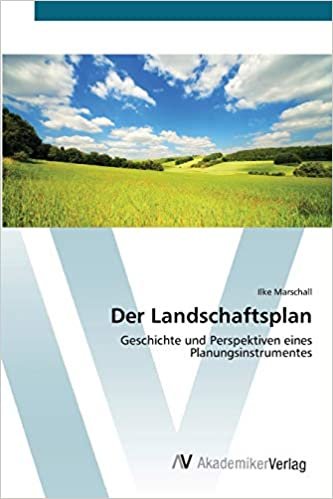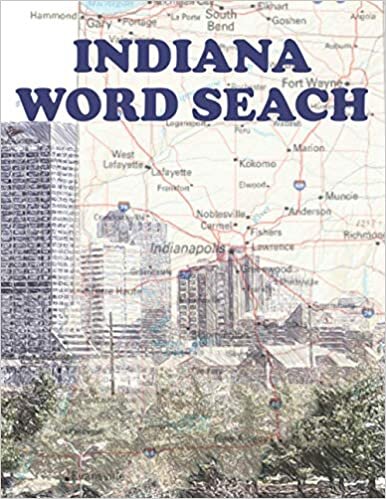Wheat Response to Applied Phosphorus and Zinc in Salt-Affected Soil: Growth Response of Wheat to Phosphorus and Zinc Application Rates in Salt-Affected Soil indir odf
itibaren Muhammad Mazhar Iqbal
Kitap açıklaması
Soils of Pakistan have free CaCO3, alkaline pH and low organic matter. Consequently, nutrient disorders seem among the most critical factors of crop production, particularly in salt-affected soils. The essentially of P and Zn for plants has been established long ago but interaction effects on economic yields of crops are still controversial. Wheat is the most important cereal crop in the world. In a pot study on wheat grown on salt-affected soil, results indicated that mean number of tillers per pot, height of fertile tillers, straw dry weight, 1000-grain weight and P uptake in straw was recorded maximum with control closely followed by T5 (P @ 150 kg ha-1 + Zn @ 10 kg ha-1) while Zn concentration was maximum in straw and grains, P uptake by grains, Zn uptake by straw and grains with P @ 150 kg ha-1 + Zn @ 10 kg ha-1. However, when P-Zn interactions were investigated, it was observed that application of 150 kg P ha-1 & 10 kg Zn ha-1 could be the appropriate fertilizer combination for significant increase in growth and yield of wheat in salt-affected soil. Moreover, adverse effect of salinity/sodicity can be minimized by increasing the fertility status of the salt-affected soil.
Popüler yazarlar
Awesome Since Publishing (101) Brian K. Vaughan (39) Laura Lee Hope (37) Cliff Chiang (30) Victor Appleton (27) Fernando García Pérez (25) Carolyn Wells (24) Horatio Alger (24) Bill Watterson (22) Osamu Tezuka (16) Alice B. Emerson (15) Awesome Legend Book (13) Naughty Notes (13) JIMY ART (11) Neil Gaiman (11) Kent Spears (10) Marie Lu (10) Mel Wallis de Vries (10) R. M. Ballantyne (10) Ömer Seyfettin (9)























